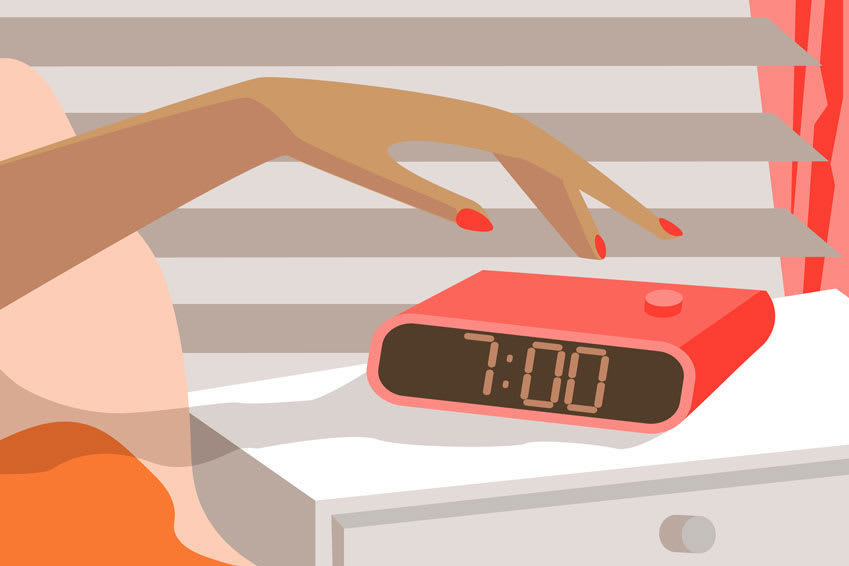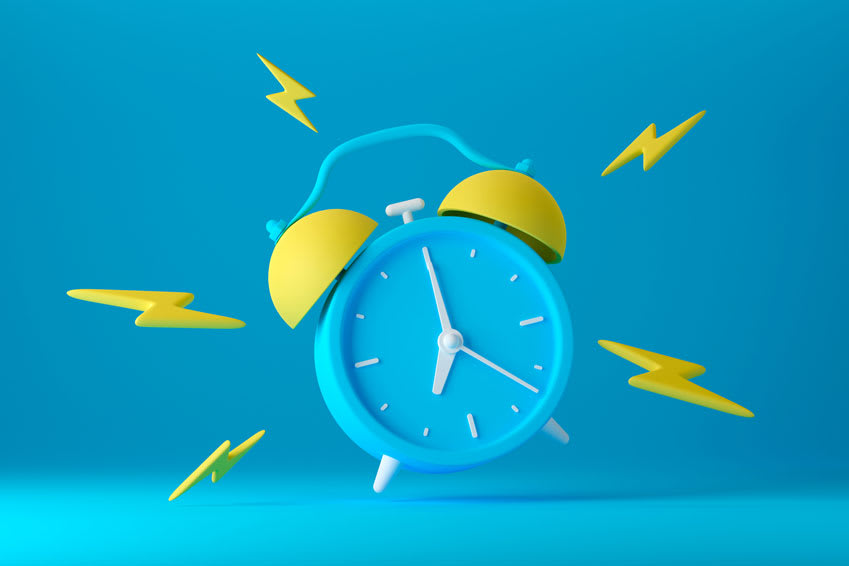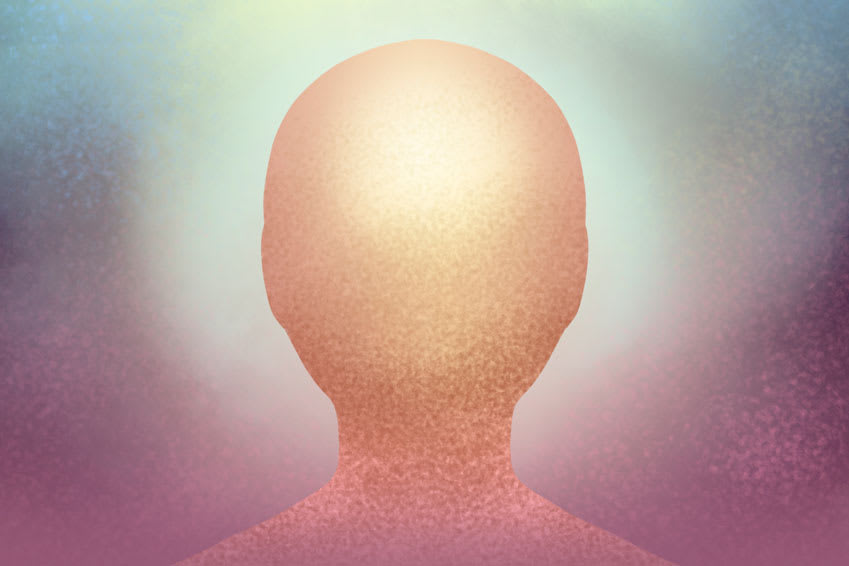It’s a scenario we all recognize: the alarm blaring way too soon after a late night. “Just ten minutes more,” you tell yourself and hit the snooze button. You might even repeat the cycle another time or two. But there is a price you pay…
Even though you seem to have stolen a little more sleep for yourself, it’s even more difficult to drag yourself up, and you feel groggy and out of sorts for most of the morning.
The temptation to sleep just a few more minutes before getting up is almost overwhelming on those mornings when the room feels chilly and the covers are warm and toasty. There is actually a biological reason for this: your body temperature lowers overnight. When you are getting the proper amount of sleep, your body temperature begins to rise one to two hours before you wake up. When you haven’t gotten enough sleep, your body temperature is lower, and the cold air outside your blanket cocoon feels even worse than it would otherwise.
The Dreaded Sleep Inertia
Snoozing doesn’t really allow for that body temperature process to continue. Your body has been working on waking up, but hitting snooze and rolling over sends it a message: not yet. So your body stops the wake-up process. This leads to the shallow drifting sleep you have during these times. When the alarm goes off again ten minutes later, it’s an unexpected shock to your body.
You are left with a condition called sleep inertia. It’s that groggy, fuzzy-brained feeling when you run out of snooze time and have to force yourself up. Not only does it feel pretty miserable at the time, it can persist up to two hours and make your whole morning routine a complete drag.
Sleep Inertia Solutions
As tempting as it is to hit it, learn to resist the snooze button. Don’t play the game where you deliberately set the alarm for an earlier time so you can snooze if you want to. Set the alarm for the time you actually have to get up, and do this for the same time every day.
Once your body recognizes a regular waking time, you will start getting tired at the same time every night. Your body knows how much sleep you need, and obeying the “bedtime” signal allows you to have enough sack time before that alarm goes off.
Sleep.org has some great recommendations for that might help you to wake up without the aid of a snooze button…
- Early to bed…
- Sleep hygiene — it’s a thing
- Drink caffeine soon as you awaken
- Get the shades up pronto!
- Swap out the annoying buzzer alarm with music you like
- Smart alarm apps can wake you up after REM sleep ends to better ease the shock
- Put your alarm in a far off place
- Change your life so you actually want to get up
The Result?
Before too long, you will begin waking up on your own right as the alarm goes off or even a few minutes early. Break the snooze button habit and you will find it easier to get up, feel better rested, and be more productive in the first part of the day!
Following this advice and still not getting enough sleep? Check with us or other health care practitioner about sleep disorders you may have but not know it!
Written by: Colleen McMahon
Edited by: Clifford Yurman




